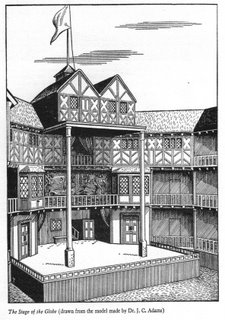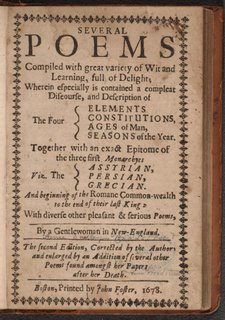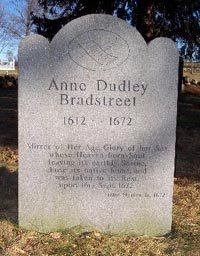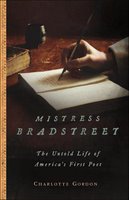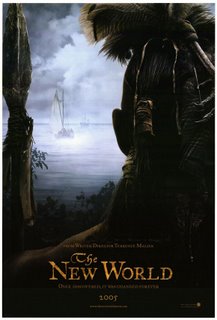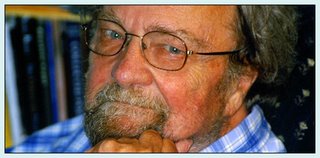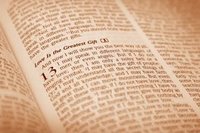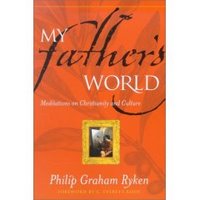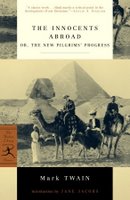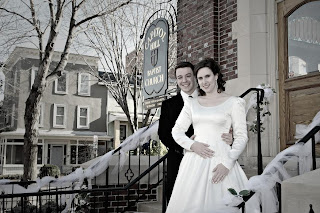This afternoon as I was finalizing grades (
And I'm now done! All I have left to do is show up at graduation, smile politely, and eat a piece of cake!), I was listening to songs I have on my computer, and I came across one I hadn't listened to in a while, but one that certainly ranks as a top favorite. I first heard this song in college and have loved it ever since. The text is from the 14th century by John Tauler and has been arranged by John Rutter (it appears on
Te Deum).
I love the building of images in this hymn.
As the bridegroom to his chosen,
As the king unto his realm,
As the keeper to the castle,
As the pilot to the helm,
As the captain to his soldiers,
As the shepherd to his lambs,
So, Lord, art thou to me.
As the fountain in the garden,
As the candle in the dark,
As the treasure in the coffer,
As the manna in the ark,
As the firelight in the winter,
As the sunlight in the spring,
So, Lord, art thou to me.
As the music at the banquet,
As the stamp unto the seal,
As refreshment to the fainting,
As the winecup at the meal,
As the singing on the feast day,
As the amen to the prayer,
So, Lord, art thou to me.
As the ruby in the setting,
As the honey in the comb,
As the light within the lantern,
As the father in the home,
As the eagle in the mountains,
As the sparrow in the nest,
So, Lord, art thou to me.
As the sunshine in the heavens,
As the image in the glass,
As the fruit unto the fig tree,
As the dew unto the grass,
As the rainbow on the hilltop,
As the river in the plain,
So, Lord, art thou to me.

